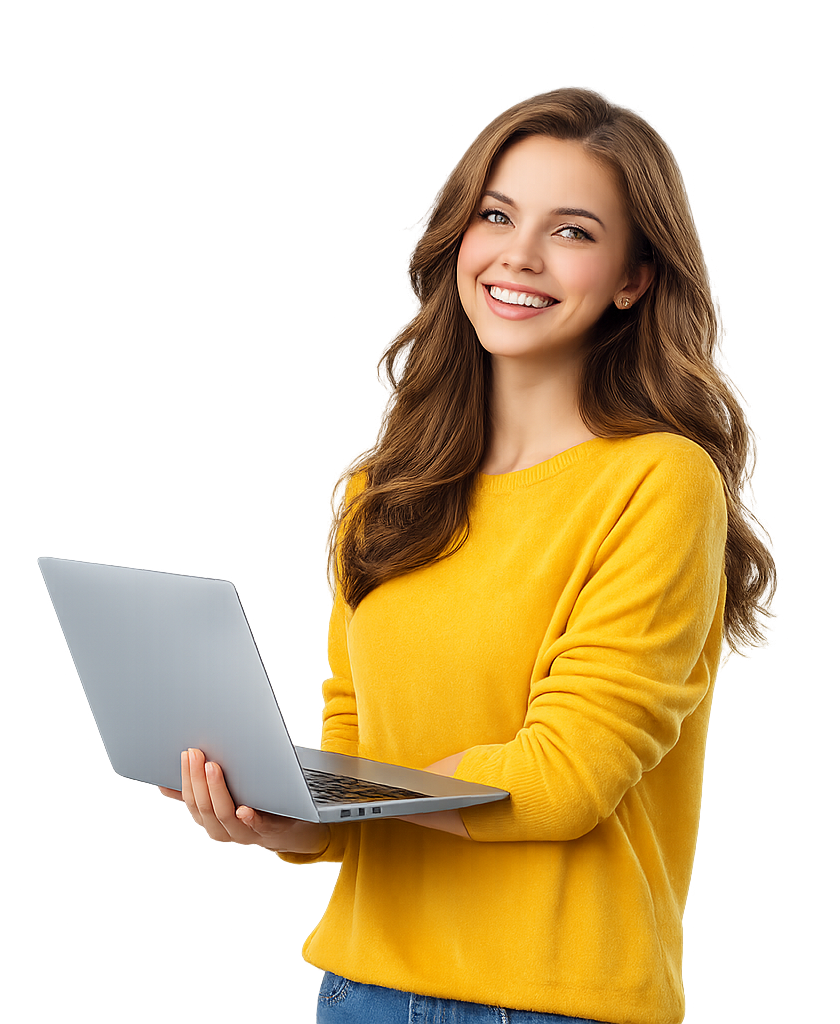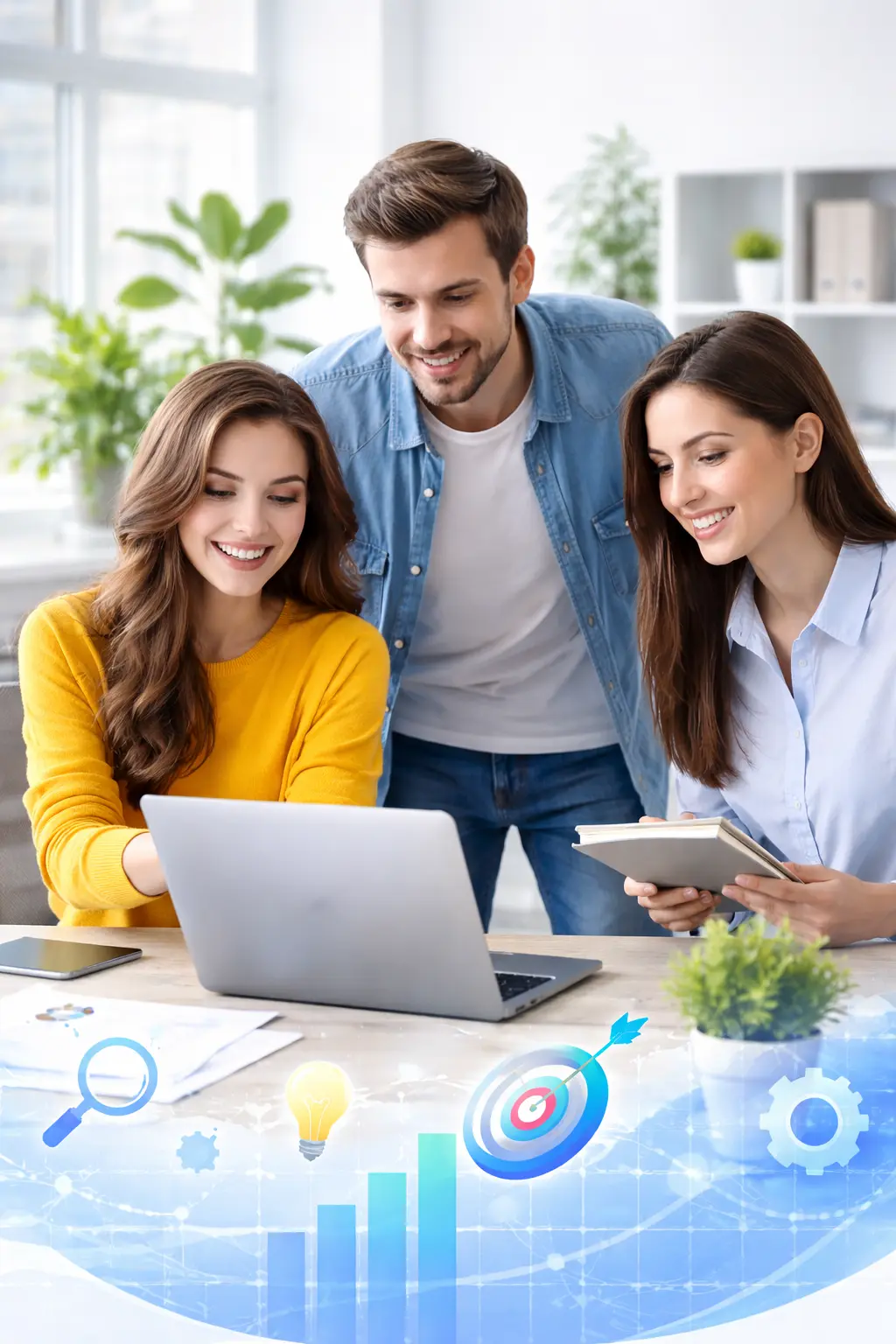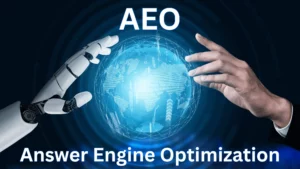Welcome to Dev Live SEO Services
Boost Your Online Presence with Expert AEO Strategies
At Dev Live SEO Services, we specialize in AEO (Artificial Engine Optimization) to help businesses rank higher and gain more visibility. Whether you’re in the USA, UK, Australia, or Sydney, we offer customized AEO marketing solutions to help you succeed. Hire our expert AEO agency today and get results that last!

About Us
Developing with Passion While Exploring the World of AEO
At Dev Live SEO Services, we are committed to delivering innovative AEO solutions that help businesses rise to the top in search rankings. Our expert team creates tailored strategies designed to bring real, measurable results, ensuring you stand out in the competitive digital landscape.
What Makes Us Different?
Unlike traditional SEO services, our AEO (Artificial Engine Optimization) strategies combine cutting-edge AI technology with SEO to provide targeted, long-term growth for your website. By focusing on optimization across multiple platforms, we help ensure your brand is seen by the right audience at the right time.
With years of experience in the AEO marketing space, we have refined our processes to deliver customized solutions that directly contribute to your business goals. Whether you’re based in the USA, UK, Australia, or Sydney, our AEO agency is here to provide top-tier services that drive real growth.

What We Offer
At Dev Live SEO Services, we provide a range of specialized AEO services to boost your online presence. Here’s how we can help you grow:

AEO Strategy Development
We create personalized AEO strategies that ensure your website reaches its maximum potential.

AEO Optimization
Optimize your site’s performance for better rankings and more engagement.

AEO Digital Marketing
Reach your audience with powerful AEO marketing campaigns that drive traffic and boost visibility.
Our Working Process
Research & Analysis
We start by analyzing your website and market to understand your goals and identify opportunities for optimization.
Strategy Development
Based on our research, we craft a tailored AEO strategy designed to boost your visibility and traffic.
Implementation & Optimization
Our experts execute the strategy, making necessary optimizations to ensure maximum impact.
Our Expertise in AEO & Digital Marketing
With years of experience in AEO strategy, AEO optimization, and AEO marketing, we’ve helped businesses worldwide achieve remarkable growth. Let us help you navigate the world of AEO and deliver long-term success.
Our strategy development team specializes in tailored AEO approaches to ensure your brand stands out in search results.
We focus on integrating SEO with AEO to bring measurable, consistent results that drive organic traffic to your website.
We run effective AEO marketing campaigns that increase online visibility, engagement, and drive quality leads.
Our developers ensure your website is optimized for performance, ensuring fast load times, responsiveness, and a seamless user experience.
We create stunning, user-friendly designs that ensure visitors enjoy a smooth and intuitive experience on your website.
Latest Insights and Trends in AEO & SEO
Welcome to the Dev Live SEO Services Blog! Here, we share the latest trends, tips, and best practices in AEO (Artificial Engine Optimization) and SEO to help your business stay ahead in the digital world. From AEO strategies and SEO optimization to the integration of new technologies in marketing, our blog covers everything you need to know to optimize your website for search engines and drive meaningful growth.
Stay informed with our expert analysis and actionable insights that will help you make data-driven decisions for your digital marketing efforts. Whether you’re just starting with AEO services or are looking to refine your existing strategy, our blog is your go-to resource for all things AEO marketing, AEO SEO, and digital success.
SEO Marketing: The Ultimate Guide to Dominating Search in Australia
he SEO Slow Burn: Why Agencies Focus on Compounding Signals, Not Quick Wins
Top 5 Ways an AEO Agency Helps Brands Win Featured Snippets and AI Overviews
When Should You Hire an AEO Agency? Signs It’s Time to Level Up Your Digital Strategy
SEO Services for Healthcare Providers: Reaching More Patients Online
Mastering On-Page SEO Optimalisatie for Higher Conversions
What Our Clients Say
Our clients trust us for the best AEO services and AEO marketing strategies. Here’s what they have to say:

“Dev Live SEO Services helped us rank #1 with their AEO strategies. Highly recommended!”

“Their approach to AEO optimization is top-notch. My site is seeing incredible growth.”

“Best AEO agency in the business! They transformed our digital presence.”
Get in Touch
Ready to take your business to the next level with expert AEO services? Contact us today and let’s discuss how we can help you achieve success.




